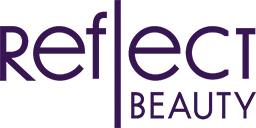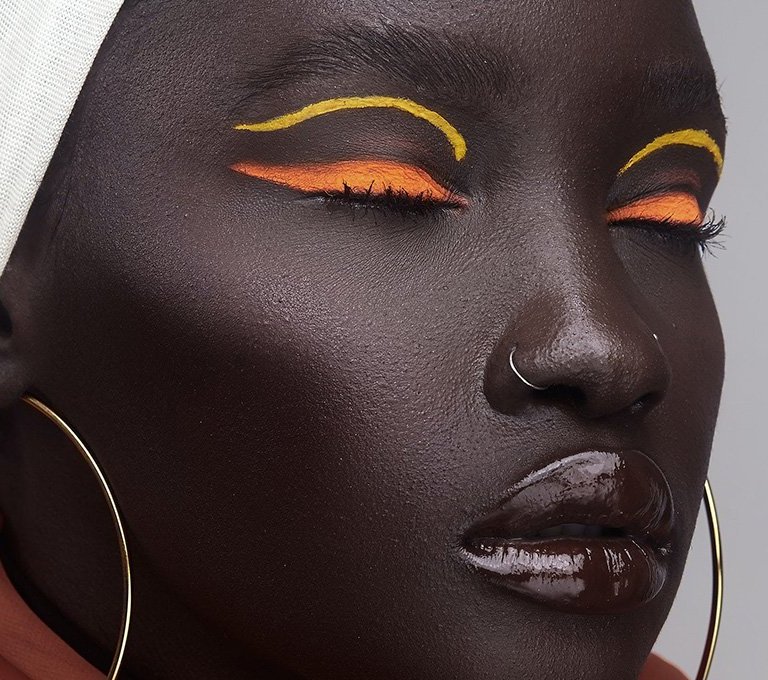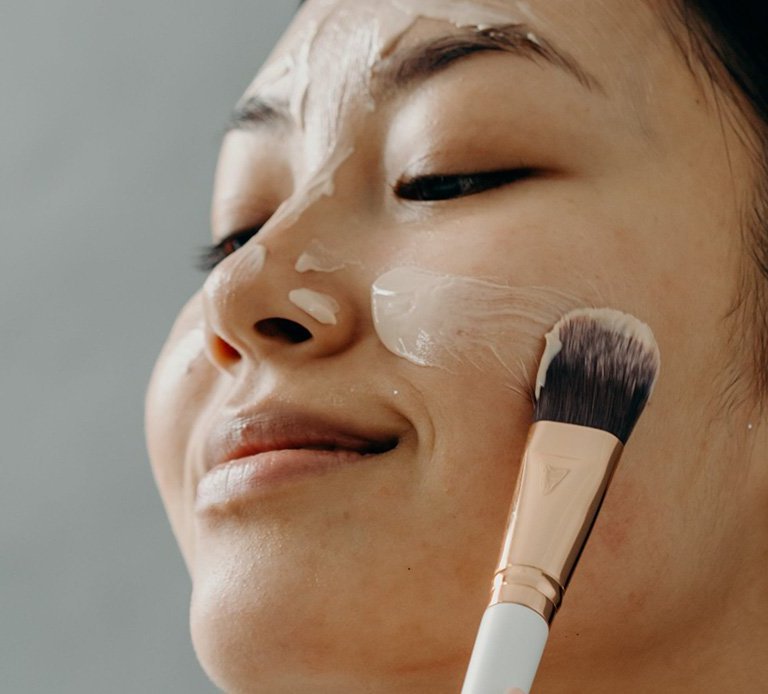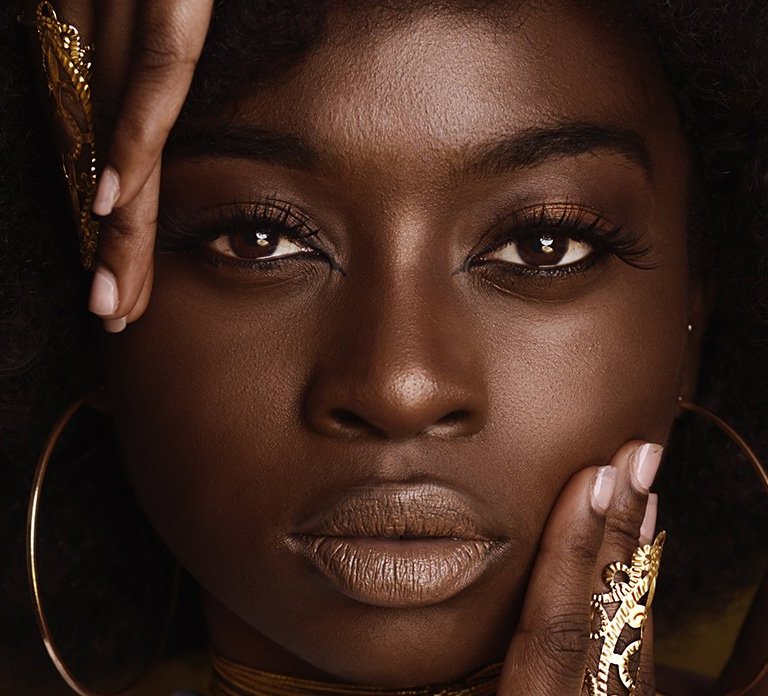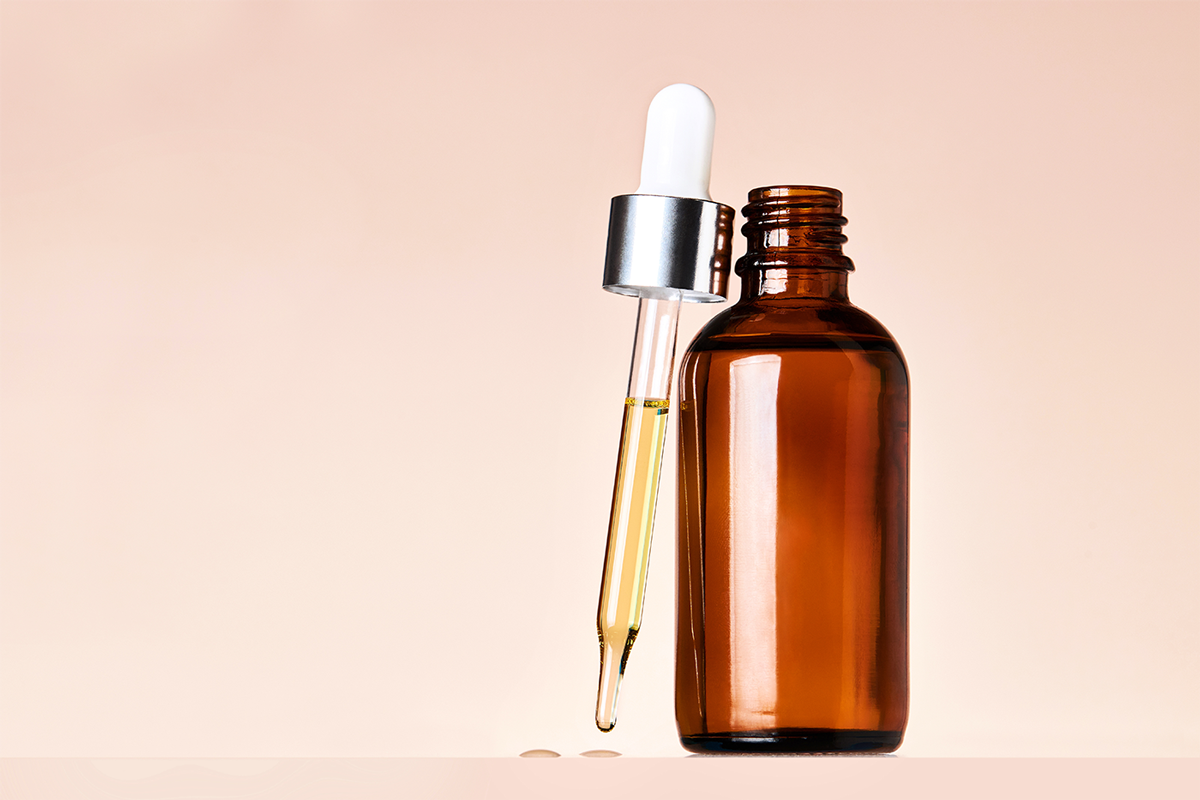
Retinoid serums have become a gold standard for skincare as they help to stimulate cell turnover and collagen production. Retinoids have been proven to treat a wealth of skincare concerns, including fine lines and wrinkles, acne, dark spots, sun damage, oversized pores, and more.
[SEE ALSO: The Best Drugstore Retinol Treatments]
These magic molecules are actually derivatives of vitamin A molecules in various forms. And, as the most studied and proven ingredients to achieve clear and younger skin, there are tons of retinoid skincare products on the market.
But, with so many options, it could be hard finding one that’s the right fit for you. Here, are three things you should look for when choosing a Retinoid serum.
Form of Retinoid
Just like other vitamins have scientific names – for example, vitamin C is also known as ascorbic acid – retinoids do, too. Vitamin A names include retinol, retinaldehyde, retinoic acid, and some other more complex names.
Retinoic acid (available by medical prescription only) is the most potent as this form does not have to be converted to act on skin cells. The rest of the molecules in the group, when applied to the skin, must actually convert to retinoic acid to have an effect. The least potent of the group are retinol esters. Those must be broken down first into retinol, then into retinaldehyde, and finally into retinoic acid. While less potent, retinol esters are actually safer to apply to the skin.
If you’re just starting out with retinoids or have sensitive skin, start with the lowest concentration. Look for products with retinol esters (retinyl palmitate, granactive retinoid) or retinol in low concentrations (up to 0.5 %). After your skin gets used to it, you can work your way up in retinoid strength by increasing the concentration or using retinal or retinoic acid.
Packaging Matters
Retinoids are delicate molecules. They deactivate and become ineffective very quickly when exposed to light, air, and heat. The wrong packaging will cause your retinoids to lose efficacy even before you get halfway through the product.
Try to choose a serum in a dark airless pump bottle. You’ll also want to keep your serum out of the heat and humidity, so the bathroom is not an option for storing it. Opt for somewhere cool, dark, and dry like a bedroom drawer.
Brand Reputation
As we said before, retinoids are delicate and one of the trickiest ingredients to work with while developing a product. The formula should include antioxidant molecules to protect the retinoid, soothing ingredients to help minimize any reaction to the product, and stabilizing molecules to maintain a pH between 6-7.
Although you won’t be able to recognize all these ingredients by simply reading the ingredient list– unless you’re an expert cosmetic chemist — you can look for a retinoid serum from a trusted and reputable brand. Stablished skincare brands usually invest a fair amount of money in product research and development and of course, they have experienced cosmetic chemists that will know how to make an effective retinoid product.
Follow these tips and you can feel confident that your retinoid serum is a good choice for your skin type and will stay stable and effective over time.
